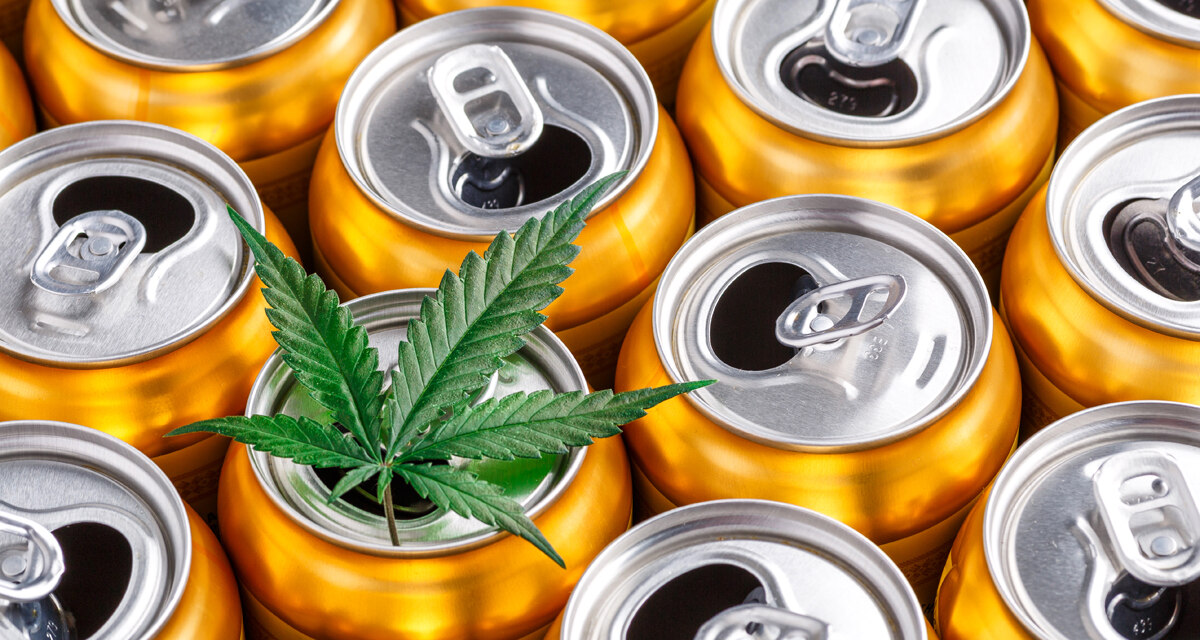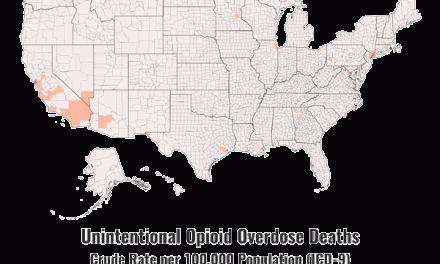… this time, it’s over who will be permitted to market and sell (and therefore profit from) hemp-based, THC-containing beverages– a current fad.
The State government has implemented a ban on sales other than at licensed cannabis dispensaries. The makers and distributors of the hemp products strenuously object.
The reasons? Some answers from The LA Times:
Why did California ‘kill’ its booming hemp-derived THC industry?
Good question. A rough timetable of the dispute: First, California decides to implement an emergency ban on the grounds that hemp products may actually be helping to get users high. The sellers counter that the THC content in their products is nothing more than a microdose, and therefore incapable of producing the sort of euphoria that users would get from other, stronger cannabis products.
Therefore, they continue, to allow sales only by licensed stores would be unfair to them. They plan to challenge the policy in Court and in the State legislature.
That’s where things stand. The ban is temporary, so a final determination has yet to be made. Stay tuned.
Here’s what I wondered: If the THC content of hemp-based drinks is too small to have any effect, then why are so many people rushing out to purchase and drink the stuff?
I’m sure the drinks taste okay, but I doubt taste alone is enough to drive a fad of this scope, unless there’s at least the promise of something greater. Like a feeling of relaxation or contentment, or, yes, euphoria?
Here’s a test: Change the label to prohibit any mention of THC content. Now, how many customers continue to seek it out and purchase it?
I’m guessing a whole lot fewer. It’s the THC content that attracted them in the first place. Sure, it may not create a pot-like euphoria, but there’s always the power of placebo to consider.
If the customer believes that it might get them high, that’s often enough — according to research.
By the way, these hemp-THC beverages have become legitimately big business: An estimated $1 billion last year alone. And if the emergency order stands, the bulk of that money will go to the State, instead of the mini-marts and convenience stores and corner groceries and hemp growers that have come to depend on it.
That might actually a good thing. For one, it would make sales far easier to monitor and regulate in terms of quality, potency, etc. Most observers agree that such oversight is long overdue.
By the way, hemp-THC industry lobbyists — can I refer to them as Big Hemp? — are insisting that the State of California should leave them alone, and instead focus its attention on the horde of outlaw cannabis shops now on evidence all over the LA area. More than a thousand of them.
Except there’s really nothing to stop the State from focusing on both, is there? It’s not an either-or situation.
Fighting over money (sigh) — it’s an American tradition.












